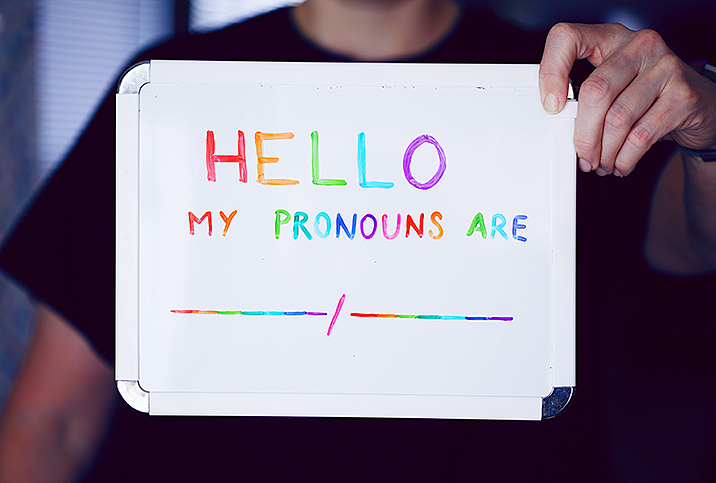How Demisexuality Differs From Asexuality

For many people, finding a sexual identity that encompasses how they experience sexual attraction can reduce feelings of isolation. Two often misunderstood forms of sexual identity—demisexuality and asexuality—are often confused for one another, though they're quite different.
Exploring demisexuality
Demisexuality refers to individuals who experience sexual attraction exclusively after a meaningful emotional connection is formed. Demisexuals are typically not aroused or sexually attracted to individuals based on looks—or at least, not on looks alone.
Demisexuality has no bearing on a person's gender preferences. A demisexual person may be attracted to a person of any sex and gender; think of it as another layer to a person's sexual identity.
Exploring asexuality
Asexuality refers to someone who does not experience sexual attraction. Like demisexuals, asexuals are not sexually attracted to individuals they first meet. However, unlike demisexuals, forming a meaningful connection does not spark sexual attraction either.
This does not mean asexuals are celibate or lead solitary lives. Asexuals can have sex, date, get married and even become parents. When asexuals choose to form bonds or have intercourse, they're doing so for reasons outside of sexual attraction.
Some asexuals feel romantic attraction, which means they're more likely to enter into a relationship. Other asexuals may not experience romantic attraction (this would make them aromantic), but can still form relationships for practical reasons or out of a need for companionship.
Of course, some asexuals may not partake in romantic relationships at all, which is also completely normal.
Why demisexuals and asexuals are often conflated
Many people confuse the term "demisexual" with "asexual," because they think the shared lack of primary attraction qualifies them under the same identity. The difference is, demisexuals do experience sexual attraction, but not until after an emotional connection is established. Asexuals, on the other hand, continue not to feel sexual attraction after bonding with a potential partner.
Both demisexuals and asexuals can experience romantic attraction, which is different from sexual attraction. Additionally, demisexuals can be aromantic but still experience sexual attraction. Likewise, asexuals can be aromantic, too.
Why sexual identities matter
Demisexuals and asexuals have long since been perceived as "other identities," but are much more common than you might realize. That said, your sexual identity is 100 percent personal to your experience and attraction. Understanding different sexual identities can help you better communicate your needs and desires, while allowing you to better understand people around you.


















